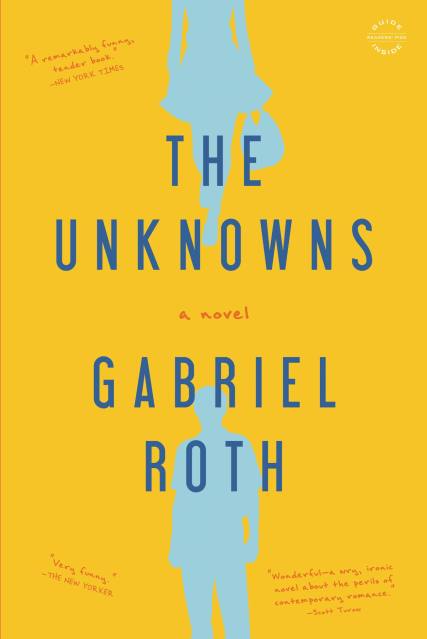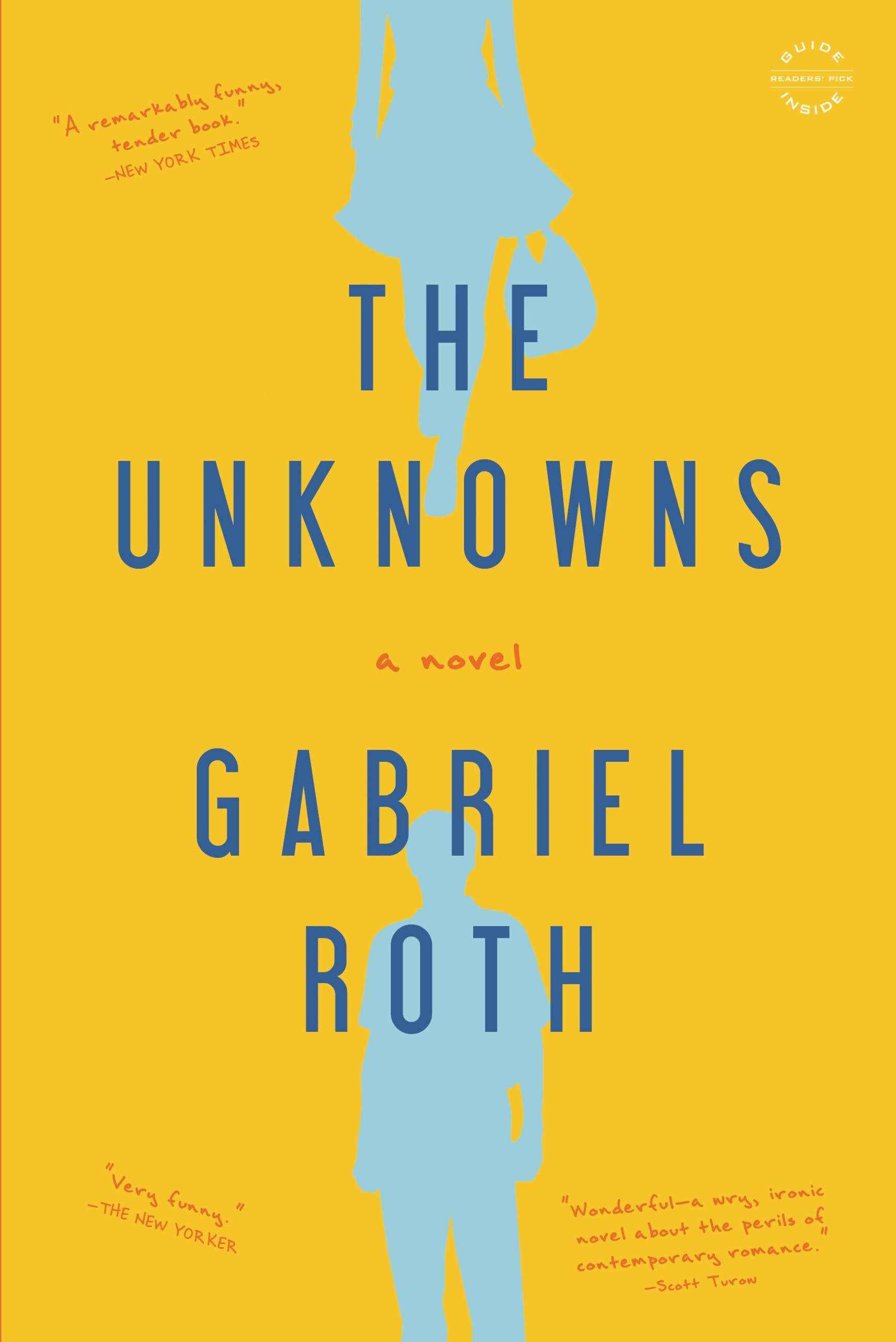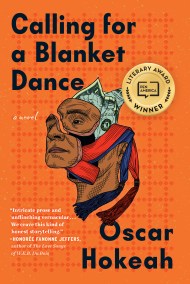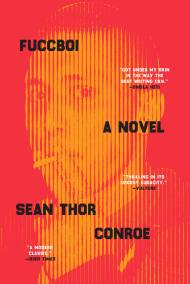Promotion
Shop now and save 20% on your back-to-school purchases & get free shipping on orders $45+ Use code: SCHOOL24
The Unknowns
A Novel
Contributors
By Gabriel Roth
Formats and Prices
Price
$9.99Price
$12.99 CADFormat
Format:
- ebook $9.99 $12.99 CAD
- Audiobook Download (Unabridged)
- Trade Paperback $19.99 $25.99 CAD
This item is a preorder. Your payment method will be charged immediately, and the product is expected to ship on or around July 2, 2013. This date is subject to change due to shipping delays beyond our control.
Also available from:
Eric Muller has been trying to hack the girlfriend problem for half his life. As a teenage geek, he discovered his gift for programming computers-but his attempts to understand women only confirm that he’s better at writing code than connecting with human beings. Brilliant, neurotic, and lonely, Eric spends high school in the solitary glow of a screen.
By his early twenties, Eric’s talent has made him a Silicon Valley millionaire. He can coax girls into bed with ironic remarks and carefully timed intimacies, but hiding behind wit and empathy gets lonely, and he fears that love will always be out of reach.
So when Eric falls for the beautiful, fiercely opinionated Maya Marcom, and she miraculously falls for him too, he’s in new territory. But the more he learns about his perfect girlfriend’s unresolved past, the further Eric’s obsessive mind spirals into confusion and doubt. Can he reconcile his need for order and logic with the mystery and chaos of love?
This brilliant debut ushers Eric Muller-flawed, funny, irresistibly endearing-into the pantheon of unlikely heroes. With an unblinking eye for the absurdities and horrors of contemporary life, Gabriel Roth gives us a hilarious and heartbreaking meditation on self consciousness, memory, and love.
By his early twenties, Eric’s talent has made him a Silicon Valley millionaire. He can coax girls into bed with ironic remarks and carefully timed intimacies, but hiding behind wit and empathy gets lonely, and he fears that love will always be out of reach.
So when Eric falls for the beautiful, fiercely opinionated Maya Marcom, and she miraculously falls for him too, he’s in new territory. But the more he learns about his perfect girlfriend’s unresolved past, the further Eric’s obsessive mind spirals into confusion and doubt. Can he reconcile his need for order and logic with the mystery and chaos of love?
This brilliant debut ushers Eric Muller-flawed, funny, irresistibly endearing-into the pantheon of unlikely heroes. With an unblinking eye for the absurdities and horrors of contemporary life, Gabriel Roth gives us a hilarious and heartbreaking meditation on self consciousness, memory, and love.
Genre:
- On Sale
- Jul 2, 2013
- Page Count
- 224 pages
- Publisher
- Reagan Arthur Books
- ISBN-13
- 9780316223294
Newsletter Signup
By clicking ‘Sign Up,’ I acknowledge that I have read and agree to Hachette Book Group’s Privacy Policy and Terms of Use







